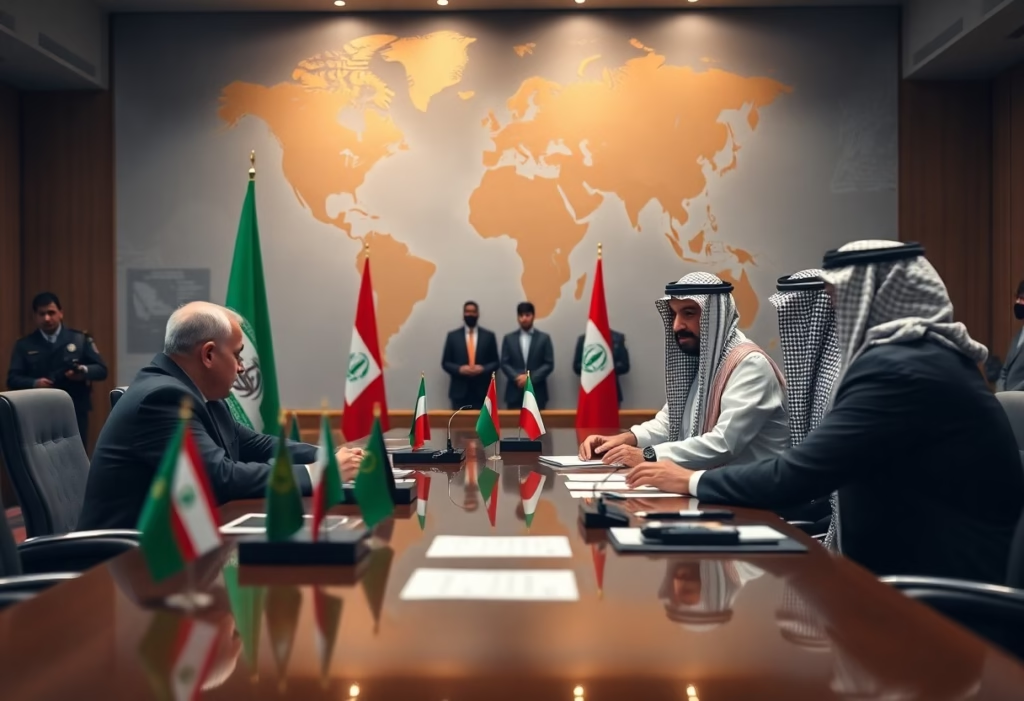Iran and Saudi Arabia have taken significant steps in thawing their long-standing tensions through a series of historic peace talks aimed at fostering regional stability. As you examine into the dynamics of Middle Eastern politics, it becomes apparent that these discussions signify a pivotal moment not only for the two nations but also for the broader geopolitical landscape.
The relationship between Iran and Saudi Arabia has been marked by years of rivalry, rooted in both sectarian differences and regional ambitions. You may find that these discussions are not merely symbolic; they represent a genuine effort to confront issues that have plagued the region, including the Syrian civil war and the ongoing conflict in Yemen. This shift comes at a time when both nations are facing internal challenges and global scrutiny, making diplomatic engagement increasingly vital.
You might be curious to know what prompted these peace talks to occur now. As international demands for stability grow, both Iran and Saudi Arabia recognize the costs associated with ongoing hostility. Societal pressures within their borders, heightened fuel prices, and international sanctions have all pressured these nations to reconsider their strategies. Engaging in dialogue may serve as a method to alleviate economic struggles and foster mutual cooperation.
During these talks, key areas of focus include security cooperation, economic relationships, and the fight against extremism. You will discover that both countries have expressed a desire to create a safer environment, which could also lead to improved trade ties. In a world with increasing economic interdependence, a more stable relationship between Iran and Saudi Arabia could ripple across various economic sectors, benefiting many neighboring countries.
One notable outcome of the discussions is the establishment of a communication channel aimed at preventing misunderstandings and unnecessary escalation. This can be particularly important for you as it reflects a commitment to peace, indicating a readiness to prioritize dialogue over military confrontation. The role of international mediators, potentially including regional players like Iraq and Oman, further illustrates how collective efforts for peace can help chart a path forward.
Your perspective on this development might also encompass the implications for wider Middle Eastern politics. The normalization of relations between these two powers might inspire other regional actors to explore diplomatic paths. Countries such as Qatar and Turkey, with their own unique relationships with Iran and Saudi Arabia, could find new ways to engage and collaborate. You should consider how these evolving dynamics could reshape alliances, influence regional partnerships, and possibly lead to a more stable Middle East.
As these talks progress, you have a front-row seat to observe a potential transformation that could redefine the future of regional politics. It is vital to continuously follow the situation and stay informed about how these developments will impact your understanding of global relations. Ultimately, it is the interplay of diplomacy, economics, and mutual interests that can pave the way for a more harmonious coexistence in a historically turbulent area.

